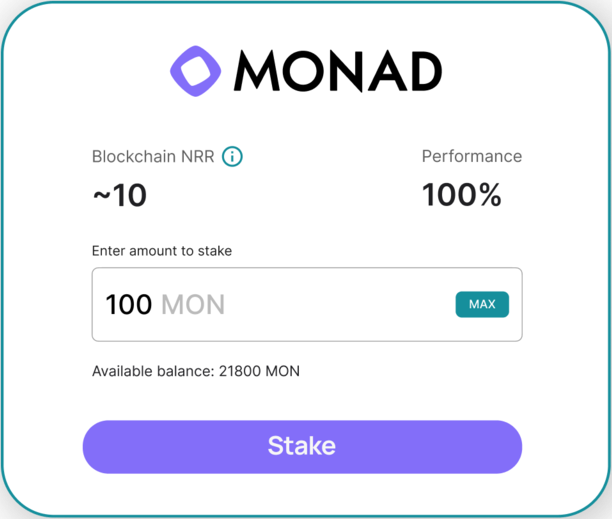



Go to https://wallet.atomex.me/ and connect your account
Go to https://wallet.atomex.me/ and connect your account
Enter the amount you want to stake and click on Delegate
Select Tezos network, click on Wallets and search for Chorus One bakery
Sign and submit the transaction
